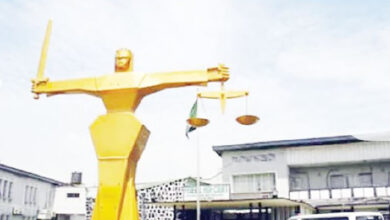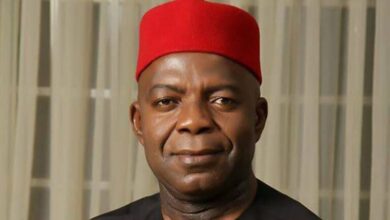Nigeria’s Tax Reform Bills: Balancing Development And Regional Concerns

President Bola Tinubu’s proposed Tax Reform Bills, aimed at addressing tax evasion and stimulating economic growth, have sparked heated debates in Nigeria’s political and economic landscape. While the Federal Government views the reforms as critical to fostering fiscal equity and efficiency, they have faced staunch opposition, particularly from Northern lawmakers and governors, who argue the proposals disproportionately impact their region.
Overview of the Tax Reform Bills
In September 2024, President Tinubu submitted four key tax reform bills to the National Assembly, following recommendations by the Presidential Committee on Fiscal and Tax Reforms, chaired by Taiwo Oyedele. The bills include:
1.The Nigeria Tax Bill 2024: Establishing a fiscal framework for taxation.
2.The Tax Administration Bill: Streamlining tax dispute mechanisms.
3.The Nigeria Revenue Service Establishment Bill: Replacing the Federal Inland Revenue Service with a new agency.
4.The Joint Revenue Board Establishment Bill: Introducing a tax tribunal and ombudsman for resolving disputes.
One of the most contentious provisions is the proposed alteration of the Value Added Tax (VAT) sharing formula, reducing the Federal Government’s share from 15% to 10%, with states benefitting more based on the derivation principle.
Opposition from Northern Leaders
The Northern Governors Forum and many Northern lawmakers have criticized the bills, citing potential economic repercussions for their region. Gombe State Governor Inuwa Yahaya, speaking on behalf of the Forum, argued that the VAT derivation model unfairly penalizes states where goods and services are consumed but not produced.
This sentiment is echoed by former Vice President Atiku Abubakar, who has called for a fiscal system rooted in fairness and equity, and Senator Aminu Tambuwal, who opposes any tax increases amidst the ongoing economic hardships caused by subsidy removal and naira devaluation.
A coalition of over 70 Northern lawmakers, along with state governors, has vowed to block the bills in the House of Representatives, calling for broader consultation and insisting that stakeholders from all regions be given a voice.
Broader Concerns and Recommendations
Critics, including civil society organizations like the Civil Society Legislative Advocacy Centre (CISLAC), have highlighted potential gaps in the bills. These include concerns over the VAT derivation model exacerbating regional disparities and the lack of clear mechanisms to mitigate poverty and inflation.
CISLAC has suggested:
•Establishing an equalization fund to support poorer states until 2030.
•Maintaining the VAT rate at 7.5% until the economy stabilizes.
•Enhancing transparency and inclusivity in fiscal policies to foster public trust.
The Path Forward
The controversy surrounding the Tax Reform Bills underscores the complexities of balancing fiscal reforms with Nigeria’s regional and socio-economic realities. While the Tinubu administration views the reforms as essential for economic growth, critics argue they risk deepening inequalities if implemented without wider consultation.
For the reforms to succeed, experts and stakeholders advocate a transparent, inclusive approach that prioritizes equity, economic stability, and the welfare of all Nigerians. As debates intensify in the National Assembly, the government’s willingness to engage with dissenting voices may determine the fate of these landmark bills.



